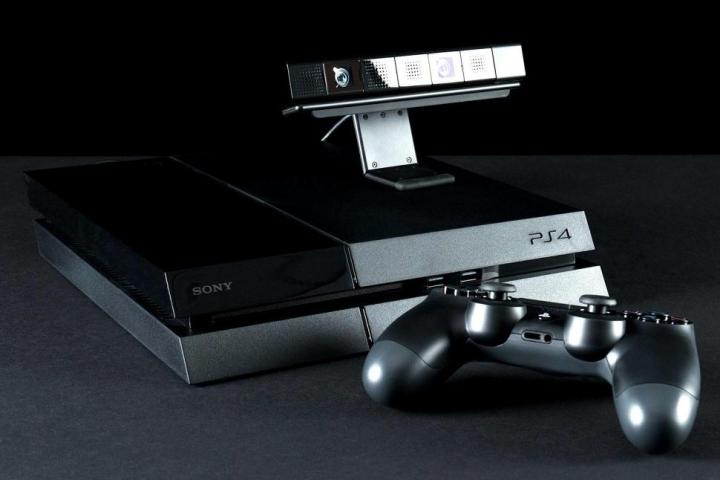
That’s the list of damage caused by recent attacks against electronics and entertainment giant Sony. The Japan-based multinational conglomerate saw another cyber attack add to the pile of trouble over the weekend.
It’s nowhere as critical as previous aggressions, though. The PlayStation Store was flooded with traffic, preventing PS users from carrying on their online gaming. Sounds almost harmless, yet given Sony’s apparent relaxation vis-à-vis security, one has to wonder what ramifications of this second hack will actually come to light a little later.
Remember just how easy Sony Pictures employee passwords were “cracked”, and now think about the abundance of information cyber criminals may have crossed paths with while in control of the PlayStation Network. And it’s not as if this hasn’t happened before.
Sony has yet to comment on how the attack was performed, but at first glance it looks like a distributed denial-of-service act, or DDoS.If that’s true it’s likely no deeper exploit of the company occurred, as DDoS is usually used to take down a network rather than infiltrate it.
A notorious group called the Lizard Squad admitted guilt for the apparent DDoS, following similar attacks of Microsoft counterpart Xbox Live.
Bottom line, there’s no reason to panic as of now, or assume the situation is as bad as it was in April 2011, when no less than 77 million accounts were indeed breached. The PlayStation Network is up and running at the time of this writing after only a few hours, unlike three years ago, when the system disruption lasted over three weeks.
Editors' Recommendations
- Nvidia RTX 3080 vs. Microsoft Xbox Series X vs. Sony PlayStation 5
- What will PlayStation 5 and Xbox Series X games look like at launch?
- Sony’s cartridge patent may describe a custom external SSD for the PlayStation 5


